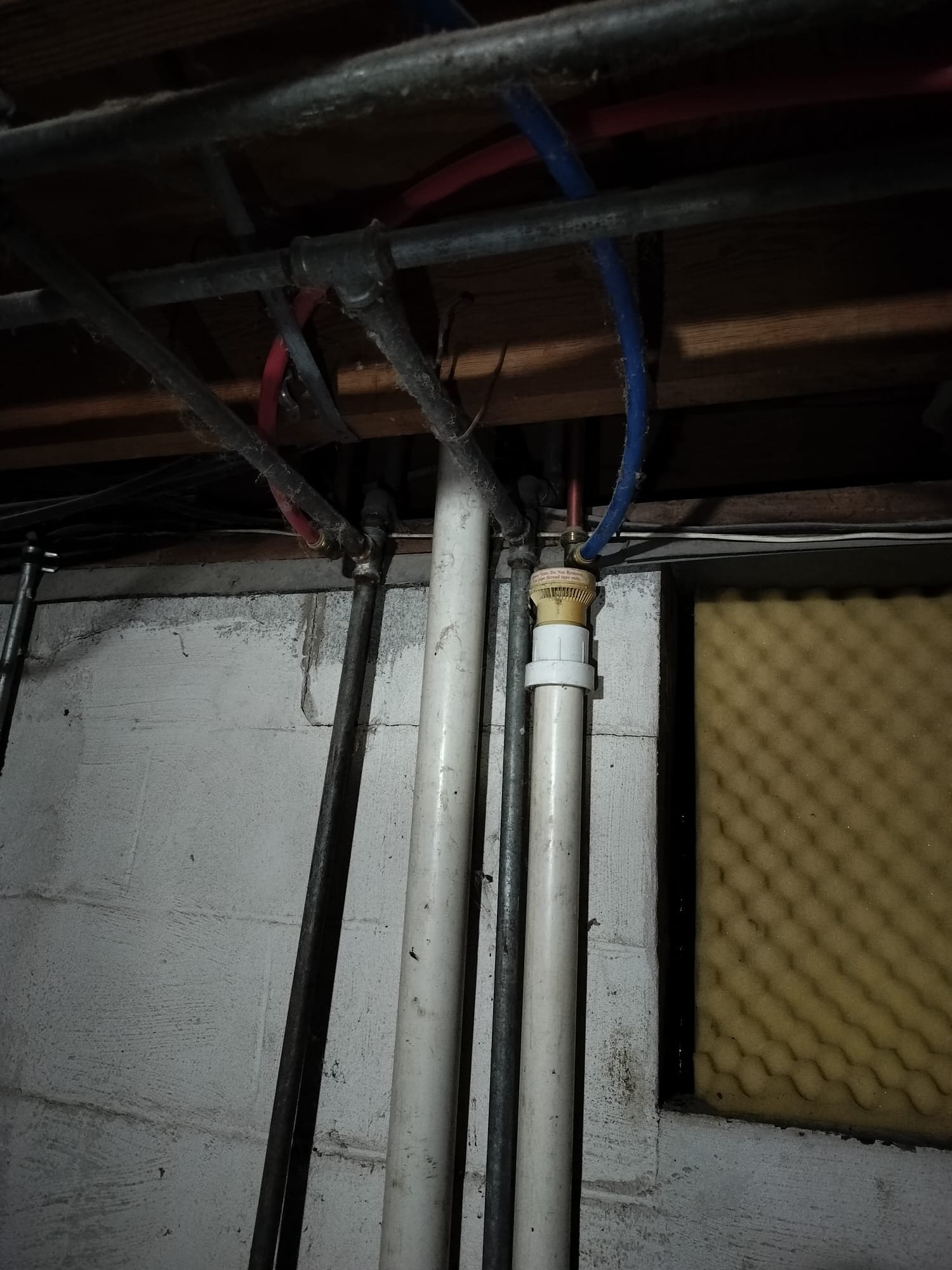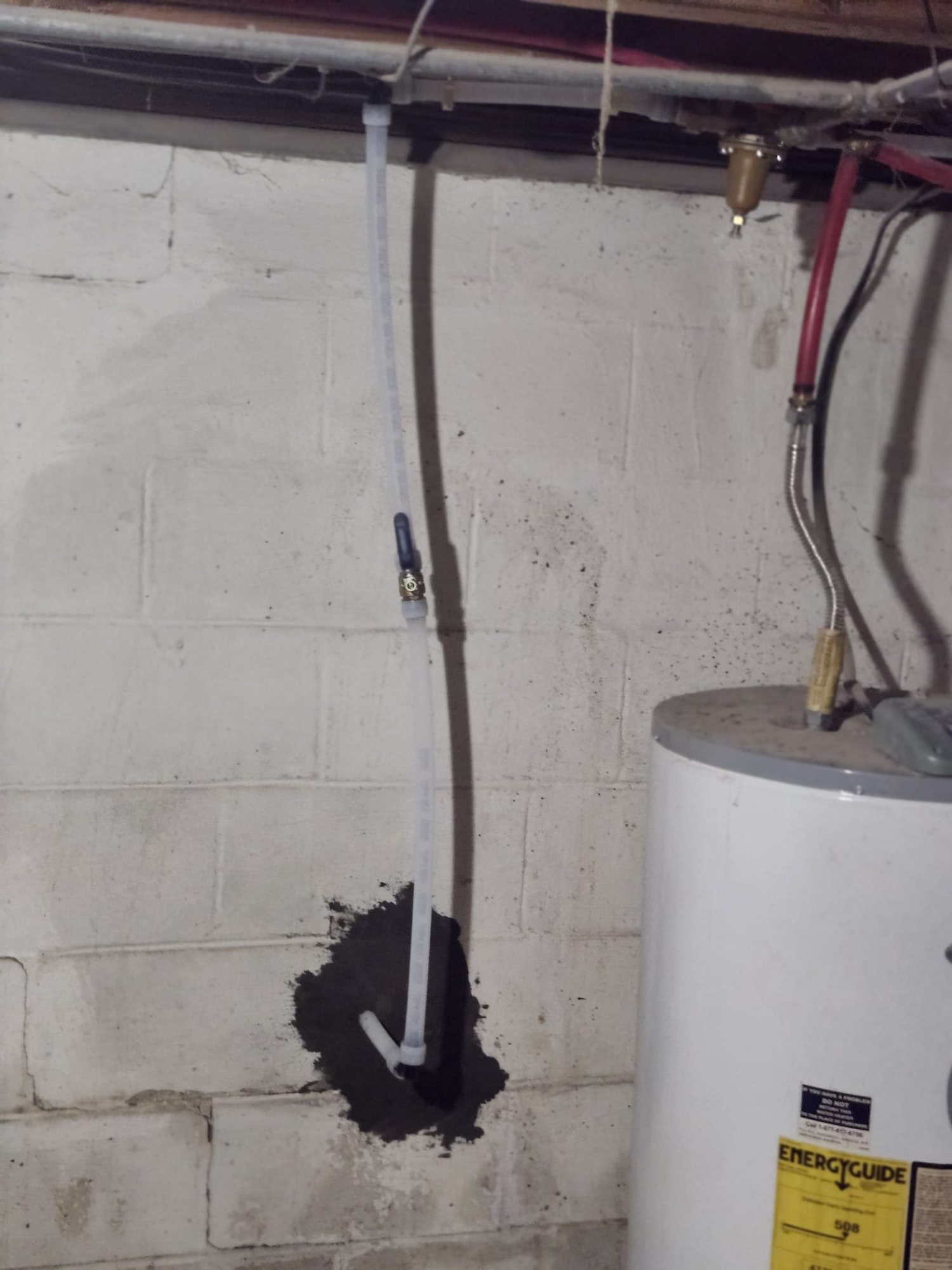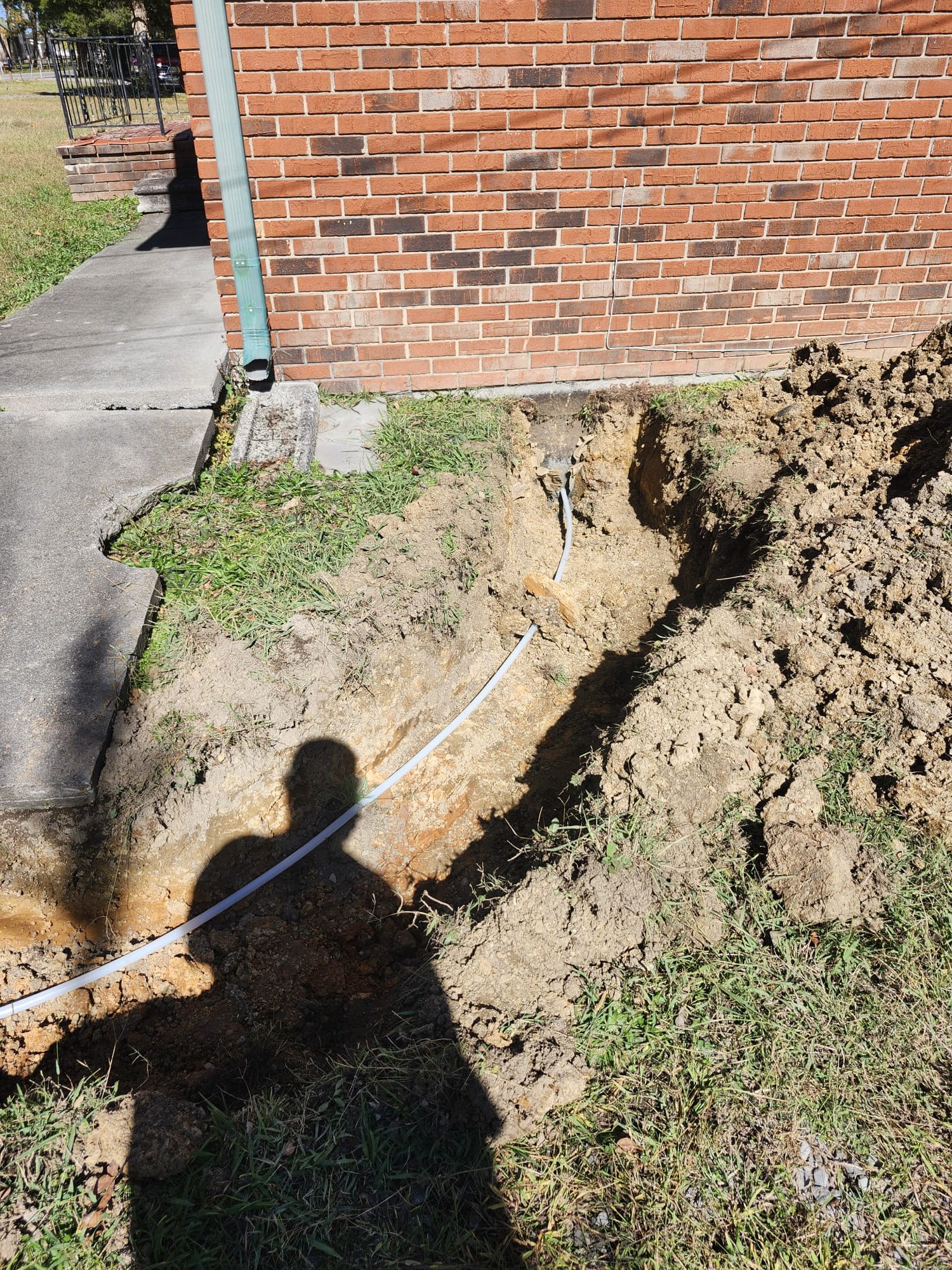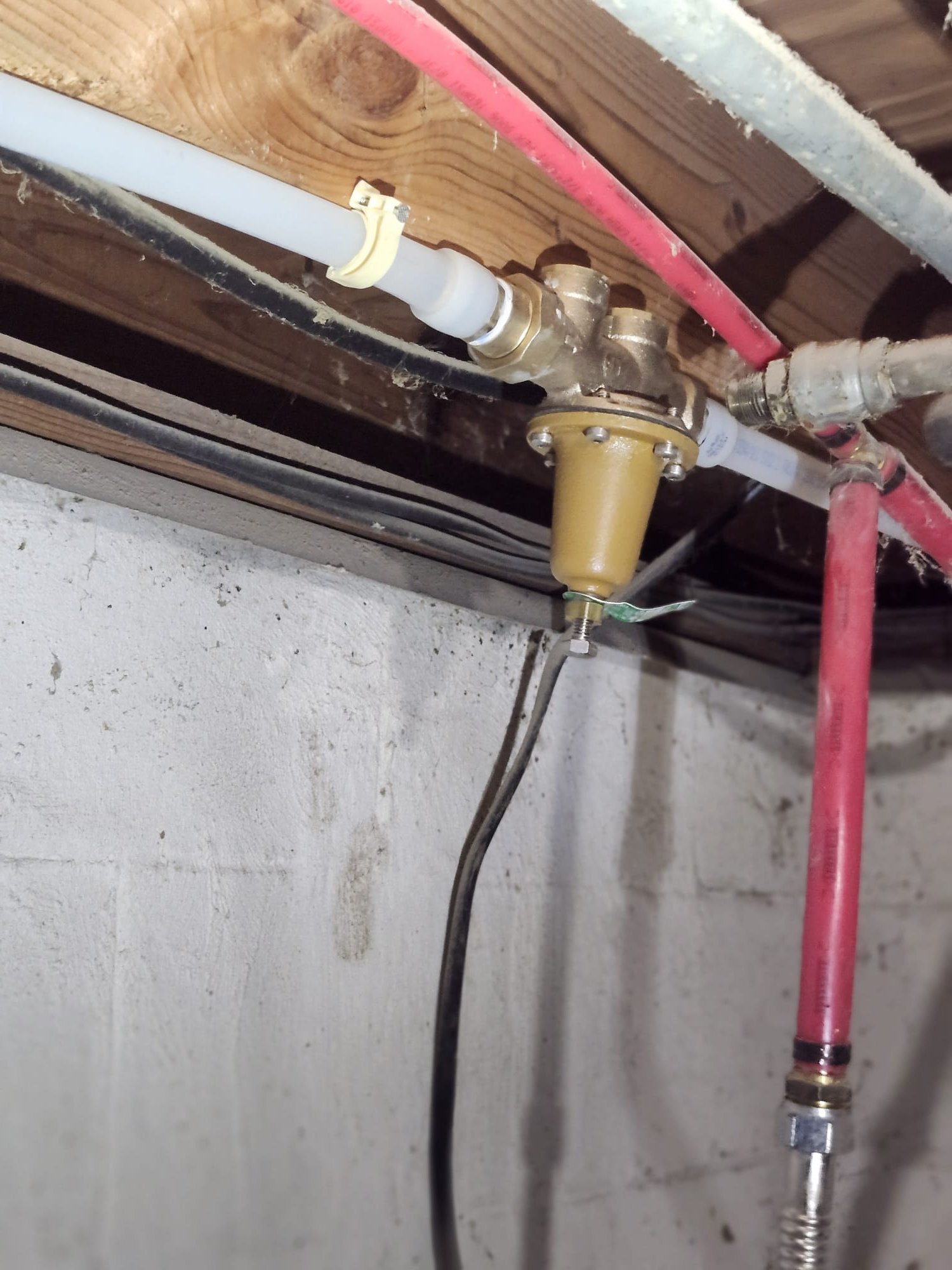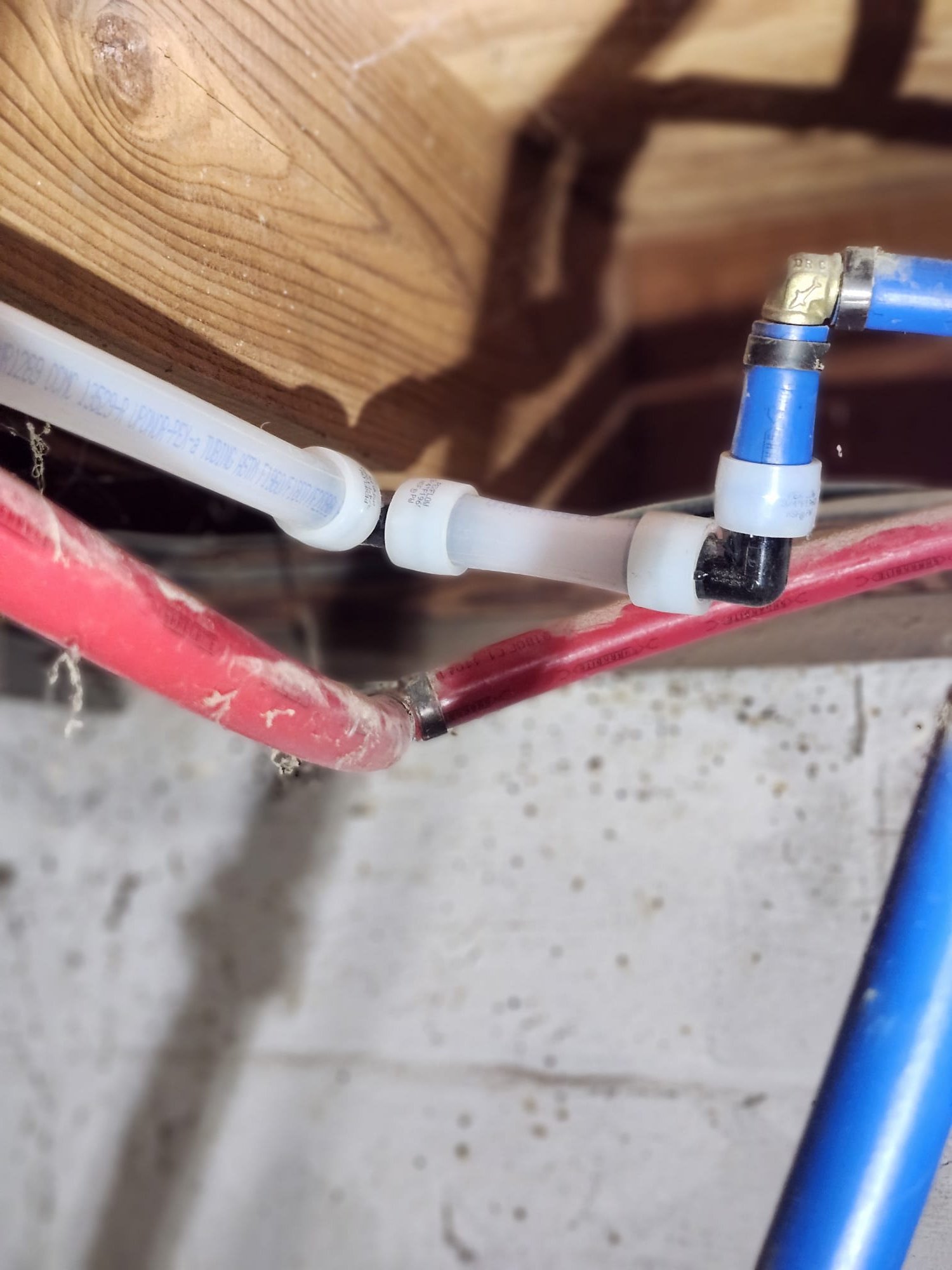What to Do When Your Main Water Line Fails: A Cleveland Case Study
Plumbing | Cleveland | Plumbing in Cleveland
Case Study: Sudden Water Loss
One morning in Cleveland, a homeowner discovered that her taps ran dry. A quick look in the front yard revealed that the aging metal pipe delivering water from the street had finally corroded through. With no water for showers, cooking or laundry, daily life came to a halt.
A HEP technician assessed the problem and recommended replacing the old line with modern, flexible piping. The plan: run a new route from the city meter to the foundation, install a pressure control device and a shut-off valve near the heater, seal the entry point, then backfill and restore the lawn. By late afternoon, the house was enjoying a steady flow of fresh water once again.
How It Was Solved
Inside the basement, our HEP technician removed the corroded metal line and tied in a fresh set of PVC and PEX pipes. These modern materials resist rust and make future repairs easier.
Where the new line passed through the foundation wall, the opening was neatly patched and sealed to keep moisture out and maintain a solid barrier.
Outside, a trench was carefully dug between the city meter and the house. By rerouting the pipe around the sidewalk, the team minimized disruption to the concrete while ensuring a clean installation.
A small pressure control device was added to protect pipes and fixtures from sudden surges, and a handy shut-off valve was installed for emergency access.
With the line in place, the trench was backfilled, then topped with seed and straw. Within hours the yard looked almost untouched—and the homeowner had water again.
Tips for Keeping Your Main Line in Top Shape
- Locate your meter: Keep its box clear of debris so pros can work quickly.
- Inspect exposed pipe: Look for rust, flaking or wet spots—signs of corrosion.
- Add pressure control: A small regulator helps prevent bursts and protects appliances.
- Label shut-off valves: Ensure everyone in the home can find and operate them in an emergency.
- Watch your yard: Sinkholes or patches of unusually lush grass can signal underground leaks.
A sudden loss of water often starts with your main line. If you spot warning signs or lose pressure altogether, call in a professional. HEP technicians in Cleveland are ready to restore your flow and keep your home’s plumbing running smoothly.
Published on November 12, 2025
